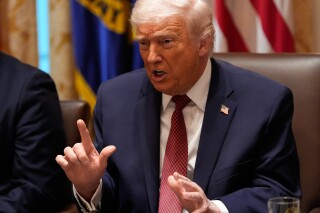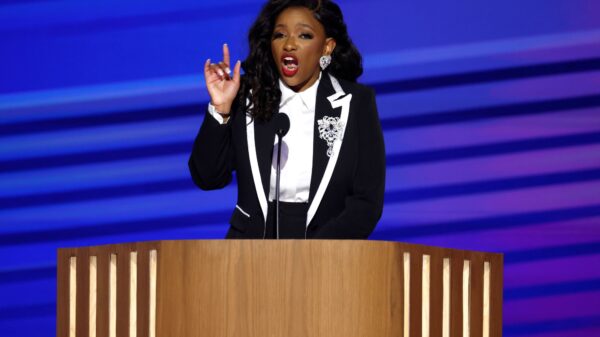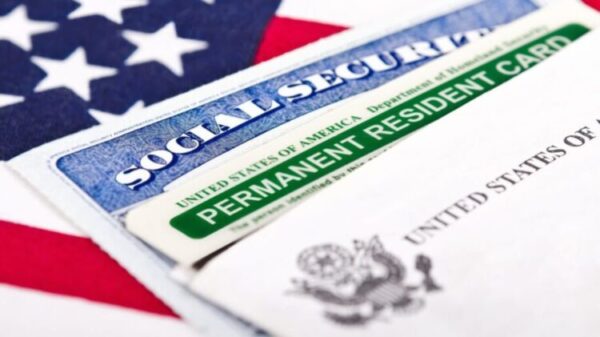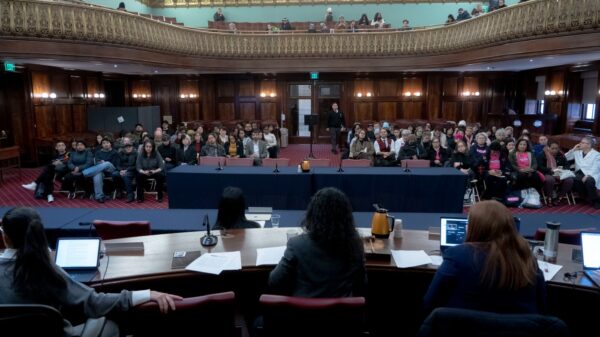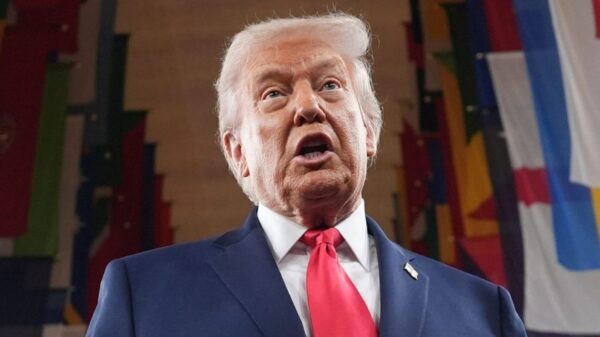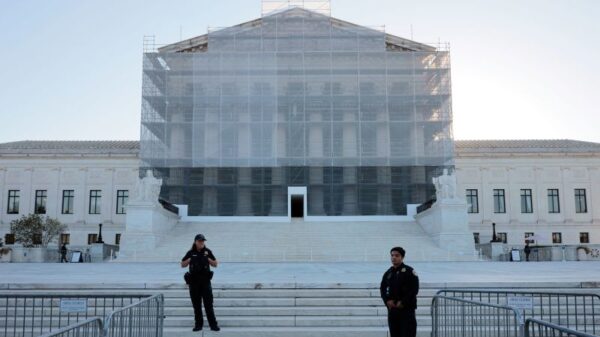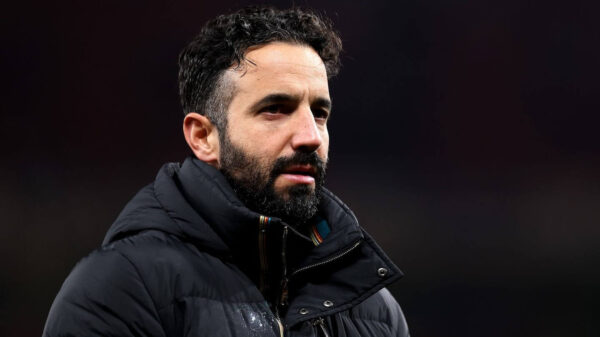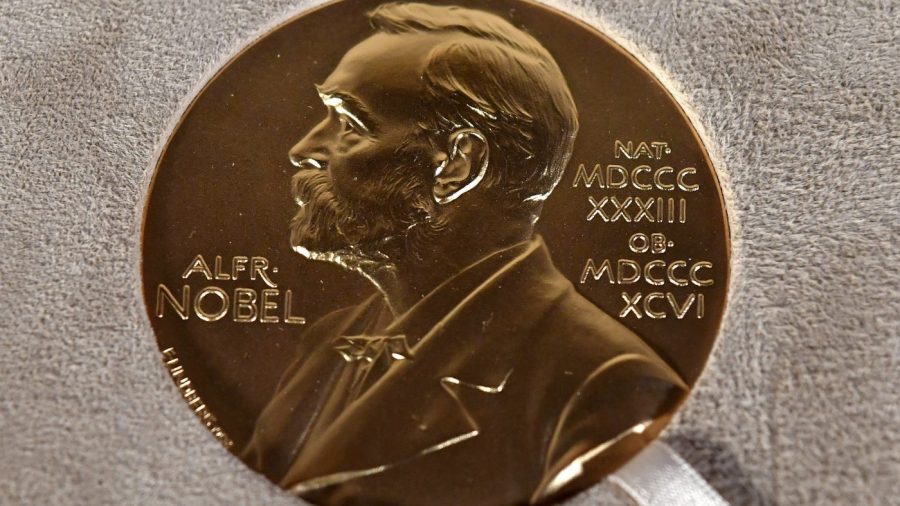The debate surrounding the potential nomination of former President Donald Trump for the Nobel Peace Prize has reignited discussions on his foreign policy achievements. Critics and supporters alike weigh in on whether his initiatives, particularly in relation to North Korea and the Middle East, warrant such recognition.
In 2017, Trump took significant steps toward diplomacy with North Korea, becoming the first sitting U.S. president to meet with its leader, Kim Jong-un. This historic summit was characterized by a focus on denuclearization and reducing military tensions in the region. While the outcomes of these discussions remain contentious, many argue that Trump’s willingness to engage in direct dialogue marked a departure from traditional diplomatic protocols.
Trump’s administration also claimed success with the Abraham Accords, a series of agreements aimed at normalizing relations between Israel and several Arab nations, including the United Arab Emirates and Bahrain. These agreements, announced in 2020, were seen by some as a pivotal moment in Middle Eastern diplomacy, potentially reshaping long-standing hostilities.
Despite these achievements, opposing voices, particularly from the political left, have been quick to dismiss Trump’s contributions. Critics contend that the former president’s approach to diplomacy was often erratic and lacked the depth necessary for sustainable peace. They argue that credit for international agreements should be attributed to the broader diplomatic efforts of multiple administrations rather than to one individual.
In contrast, proponents of Trump’s nomination for the Nobel Peace Prize emphasize the tangible results of his foreign policy. They cite the reduction of tensions with North Korea and the establishment of diplomatic relations in the Middle East as evidence of his effectiveness. According to supporters, recognizing Trump with the Nobel Prize could serve as an acknowledgment of these initiatives, regardless of partisan viewpoints.
The Nobel Peace Prize has a long history of sparking controversy, often reflecting broader political divides. The nominations process is confidential, and while some advocate for Trump’s recognition, others vehemently oppose it, arguing that awarding him the prize would undermine its integrity.
As the 2024 Nobel Peace Prize nominations approach, the discourse surrounding Trump’s legacy in foreign policy continues to evolve. While some see him as a peace broker, others remain skeptical of his methods and motivations. The outcome of this debate may significantly impact perceptions of Trump’s presidency and his place in the trajectory of U.S. foreign relations.
Ultimately, the question of whether Trump deserves the Nobel Peace Prize encapsulates a larger conversation about diplomacy in an increasingly polarized political landscape. Whether viewed as a controversial figure or a transformative leader, Trump’s legacy will likely remain a topic of debate for years to come.


